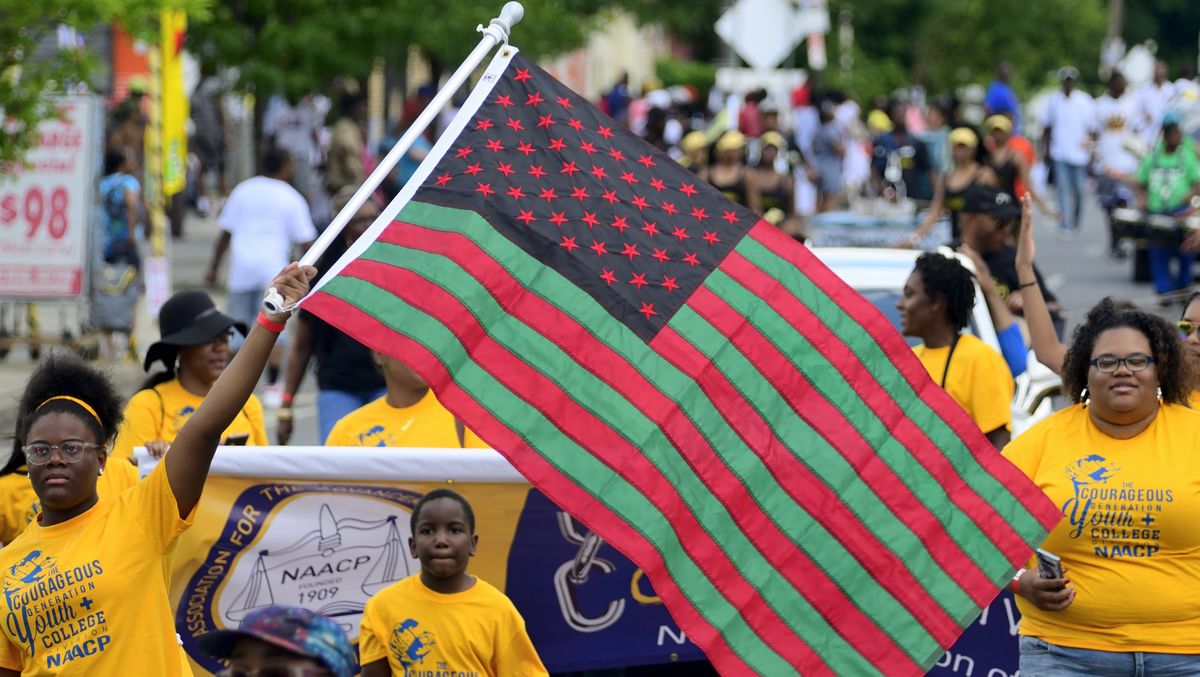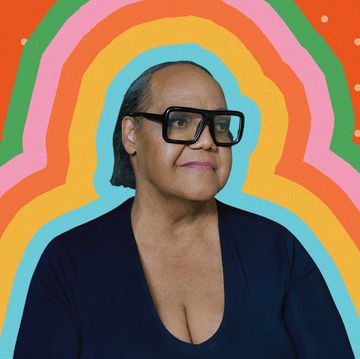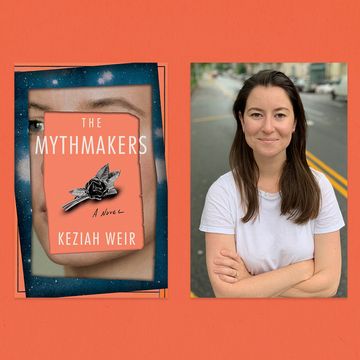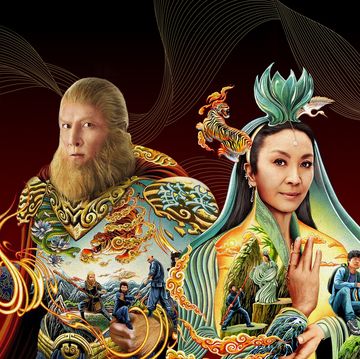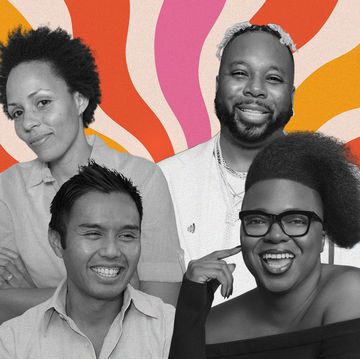All across the country, people are commemorating Juneteenth, which marks the day — June 19, 1865 — Major General Gordon Granger marched into Galveston, Texas to deliver news that “all persons held as slaves” in the South were free.
That day, Maj. Gen. Granger issued General Orders, Number 3, which stated:
“The people of Texas are informed that, in accordance with a proclamation from the Executive of the United States, "all slaves are free." This involves an absolute equality of personal rights and rights of property between former masters and slaves, and the connection heretofore existing between them becomes that between employer and hired labor.
The freedmen are advised to remain quietly at their present homes, and work for wages. They are informed that they will not be allowed to collect at military posts, and that they will not be supported in idleness either there or elsewhere.”
While President Abraham Lincoln signed the Emancipation Proclamation on January 1, 1863 — two years before Granger delivered the order — enslaved Black Americans in Texas weren't given the news until Juneteenth.
Since that fateful day in 1865, Juneteenth (also known as “Freedom Day”) has become a time for celebration among many Black Americans. What once began as a regional celebration in Texas has now spread across the United States, with 48 of the 50 states now recognizing Juneteenth as a state holiday.
Families and communities all over the country gather to celebrate the day with parades, cookouts, speeches, and paying homage to their enslaved ancestors. This year, because of safety measures related to Covid-19, many Juneteenth celebrations will be virtual.
In this video, we explore the origins of this American holiday and its enduring legacy of pride, joy, and strength.
Happy Juneteenth!
Get Shondaland directly in your inbox: SUBSCRIBE TODAY
